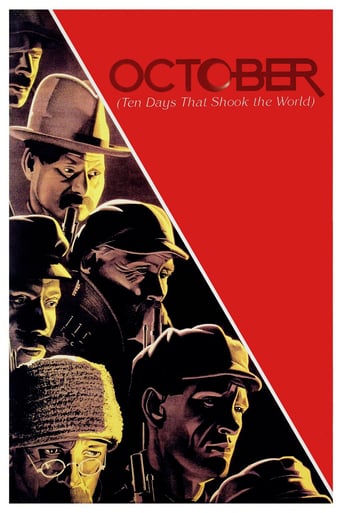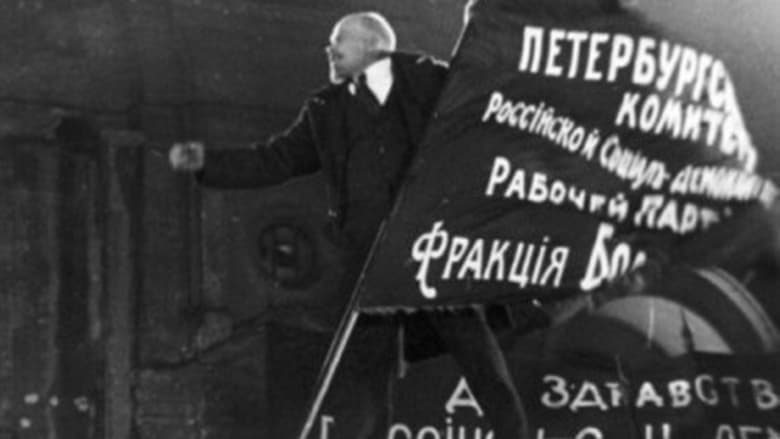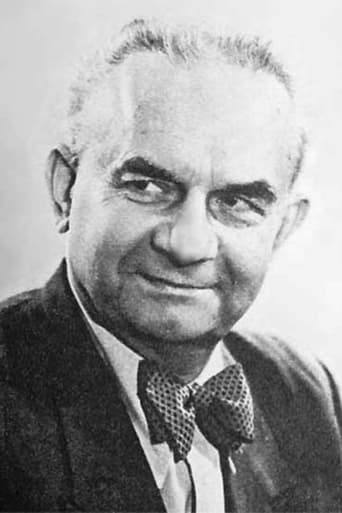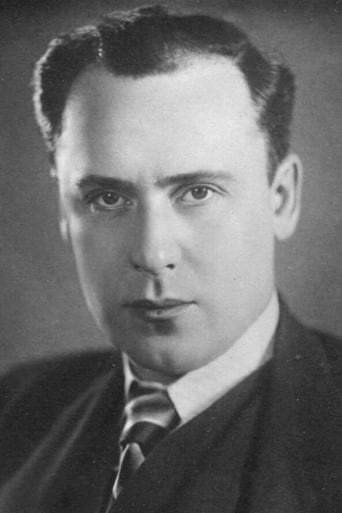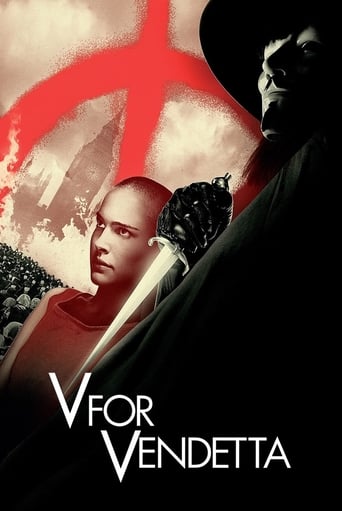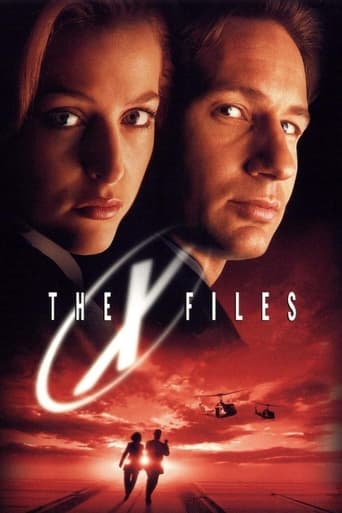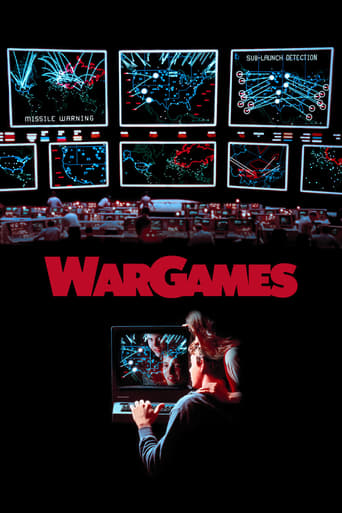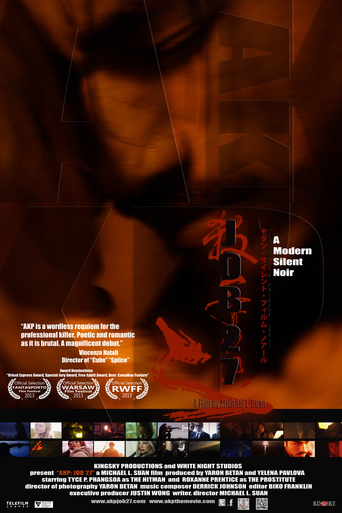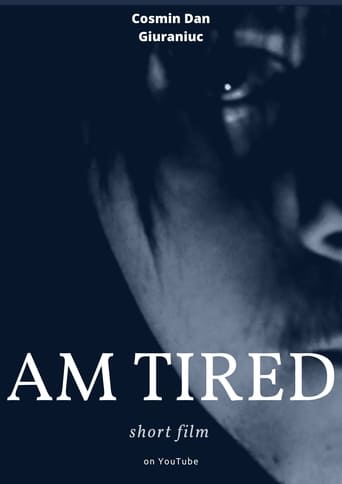October (Ten Days that Shook the World) (1928)
Sergei M. Eisenstein's docu-drama about the 1917 October Revolution in Russia. Made ten years after the events and edited in Eisenstein's 'Soviet Montage' style, it re-enacts in celebratory terms several key scenes from the revolution.
Watch Trailer
Cast


Similar titles
Reviews
It is neither dumb nor smart enough to be fun, and spends way too much time with its boring human characters.
Exactly the movie you think it is, but not the movie you want it to be.
It is a whirlwind of delight --- attractive actors, stunning couture, spectacular sets and outrageous parties.
It is an exhilarating, distressing, funny and profound film, with one of the more memorable film scores in years,
This review is of the 103 minute version of "October" with the Shostakovich music on a DVD obtained from Netflix in 2010. (This is seemingly the only version easily available in the U.S. A different version that's fairly similar (but still not identical) to the original "Moscow" version is supposedly available in some places in Europe.) After watching just a few minutes, I was powerfully reminded of two other films: Like "Triumph of the Will" by Leni Riefenstahl it makes great use of black and white, contains lots of military order and crowd scenes, was assisted and paid for by a government, is accompanied by stirring music, is about people who are dead and no longer anywhere near as relevant as they once were, is by a director very sympathetic to the cause of the political paymasters, and is generally regarded as a "propaganda" film. It definitely has artistic merit, with lots of then-new cutting techniques that gave the camera itself an eloquent and unmistakable editorial voice and that (in more subdued form) have become part of the mainstream. But the content is so obviously propaganda --all too often just plain silly-- that only the arresting images kept me from laughing out loud every few minutes.I don't fully understand why "Triumph of the Will" is denigrated even now (and wasn't originally picked up by any U.S. distributor), while "October" (even though never all that popular) is sometimes regarded as a "masterpiece". (Note though that decades ago "October" was treated more harshly in the West; originally it was banned in the U.K and somewhat censored in the U.S.) Perhaps the legacy difference is because the ideological attractions of "Triumph of the Will" can sometimes hide below the level of perception, while those of "October" are so blatant and silly they almost demand to be ignored.Like "Revue" (Soviet archival footage, mostly from the Kruschev era) edited by Sergei Loznitsa it once again makes great use of black and white, uses excellent cinematography throughout, has a lot of closeups of faces, shows people from a very wide range of genetic backgrounds, is often noticeably narrowly selective in its material, and fairly often communicates to us modern viewers very different ideas than what was obviously "intended".Like any silent film that wants to convey a moderately complex story yet not be interrupted by too many inter-titles, "Ocbober" says a lot through visuals and visual symbols that key into background knowledge the viewer already has. Unfortunately people in the U.S. almost a century later often don't have that necessary background knowledge (so they typically don't even understand how long a period of time the film covers, or that the film easily divides into five relatively independent "acts"). Something like a very detailed guide document or a commentary track by a historian (or maybe even copious additional subtitles) is needed. Without something more, for most of today's U.S. citizens the film is largely incomprehensible.(This Balkanized Region 1 version -which was long ago cut and even censored in now-forgotten ways- doesn't help either. But the bottom line is that seeing a better version would _not_ improve the experience of "October" all that much. I'm afraid even the original "Moscow" version would be largely incomprehensible to today's U.S. rank and file.) This presentation of this film also suffers from the typical problem with very old films: the wrong speed. The film was obviously shot at a lower frame rate (maybe as low as 16 fps). But as is typical, it's apparently been transferred to modern equipment using the same 2:3 pull-down used for 24 fps material to NTSC (rather than a more appropriate pull-down pattern that would display the material at the approximately correct speed). So as is typical, all actions seem hurried and jerky, throwing a pall of "unreality" over everything.This film feels like a compendium of Soviet "founding myths". It must have been very convenient having so much material in one spot and in such an accessible format. It's too bad the analogous U.S. film was "lost" (you know the "lost" film I'm referring to, right? the one where Ben Franklin and Thomas Jefferson catch George Washington falling out of a cherry tree, they all go off to drink non-tea, while doing so they draft the constitution on a napkin, and then they use pea-shooters to secretly harass some nearby Redcoats:-) For film history buffs and film technique geeks this is a must-see. Film theory doyens will find this film to be an excellent illustration of many of Eisenstein's own stated formalisms. And serious students of history will enjoy minutely comparing these "stories" against the "real" record, especially to gain insight into what was most important to those in power ten years later. But the rest of us will just have an awfully hard time getting into this film.
Commissioned to honour the tenth anniversary of the October Revolution in Russia, Eisenstein's October is a detailed war film of epic proportions that is shot in chronological real time depicting the events of 1917. A man who was forced to denounce his own work publicly, it is a testament to Eisenstein's strength and dedication to his art that he continued to produce experimental and surreal aspects in his films. And after watching October, it is clear that if Eisenstein had listened to his critics, it would have been a great disservice to cinematic history to have altered his creations.
Oktyabr October This is one of the few times in film that the movie and history agree. It is a historically accurate account of the Bolshevik revolution and the overthrow of the monarchy in 1917. Oktyabr is full of symbolism that many will find amusing. For instance, the scene where the tsar walks through the doors and a shot of a peacock flashes on the screen, giving the illusion that the tsar walks into the peacock's butt. This is also a fairly graphic film, showing the deaths of many people. This is comparable to what someone would see if they viewed old World War II footage. The film mainly documents the revolution and makes intellectual connections between people and events in history. Many conclusions can be made about the connections that someone who recognizes the symbolism can make. For being a historical documentary type of movie, it does a good job of telling the story while still providing some interesting parts to keep the film viewer entertained. I felt that this movie gave me a greater insight to what happened in Russia during that time period. If you are interested in Russian history, this is definitely a movie that you want to see.
I had to watch October in my film history class and I hate to say this but I just really did not enjoy it at all. It was super long, like three hours, and I honestly did not understand it. Our professor told us that there was so much symbolism and stuff in it that at the time it came out the people did not even really fully understand it. I definitely do not recommend seeing this movie unless you are just super into this kind of stuff and have a great interest for it. On top of being able to grasp a hold of what is going on this film is also silent making it even harder to get an understanding of everything that's going on. There is not really any main characters to keep up with and with all the shot of different people it is very easy to get mixed up. This film is so chaotic and fast paced, jumping from one thing to the next for a solid three hours. If you like getting headaches try keeping up with this movie. I expected this movie to be pretty good and at the very least somewhat interesting, but I kept finding myself fidgeting in my seat and checking the time till it would end. I wish I had more positive things to say about it because it is apparently quite a masterpiece. Maybe I just don't have the appreciation for films history like I should but I can't help that. Maybe if I had had some more study in the Russian revolution I would not have been quite so lost. Anyways for my personal opinion I would not recommend this movie to anyone and would advise if you are going to show it to your class explain it and the time in Russia very well before actually showing it so maybe the students can follow along with it better.

